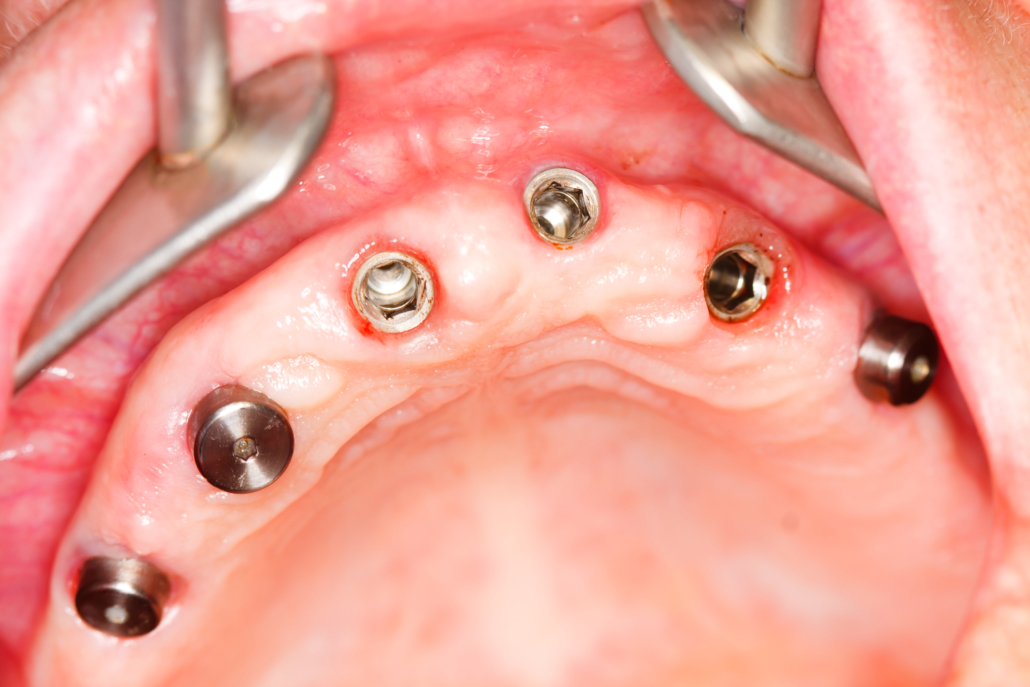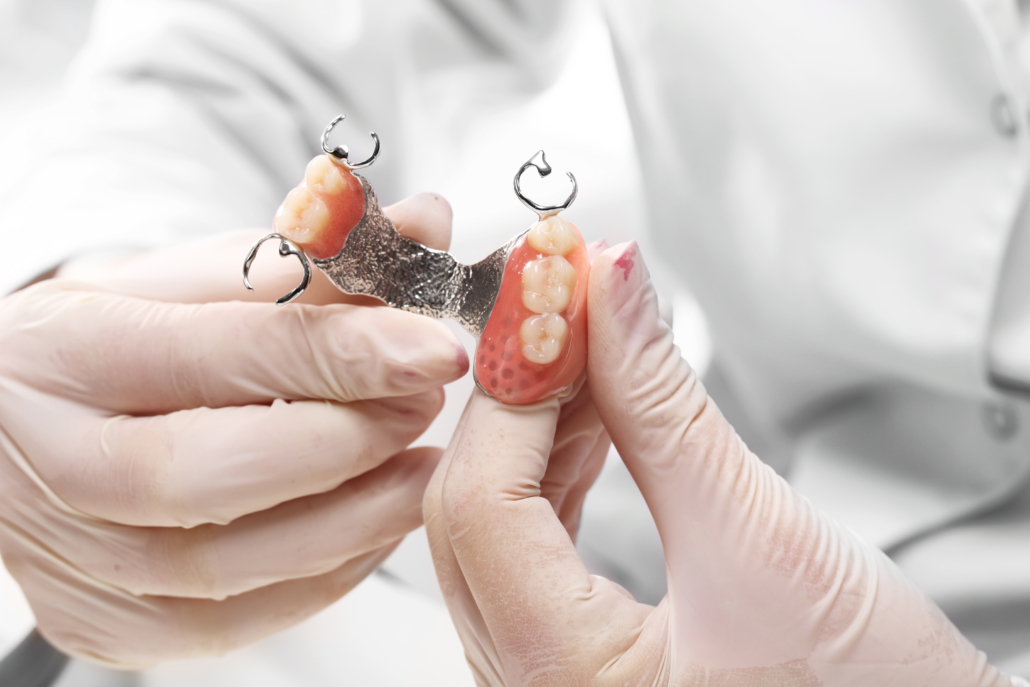The dentist’s advice on the possibility of replacing fallen teeth can be read with distrust by the patient, especially if the tooth replacement concerns the posterior sectors of the mouth that do not directly impact on the aesthetic function.
A rehabilitation solution is also necessary when the lost teeth do not directly affect the aesthetic aspect, but it is not always easy to sensitize the patient to the need to restore a missing tooth to preserve the chewing and phonetic functionality.
In a recent analysis published in the Journal of the American Dental Association, explanations and indications are given to the patient on how important it is to replace lost teeth with prostheses.
Why replace fallen teeth?
Among the indications provided by the author of the study on the need to replace lost teeth is the evaluation of some main problems that the edentulous patient may have.
It is about:
- functional problems > a missing tooth leaves a gap that allows the other teeth to tilt or move. The absence of one or more teeth can affect the ability to bite evenly when chewing food;
- phonics problems > the teeth also have the characteristic of supporting the cheeks, lips and containing the tongue. Tooth loss leads to loss of support for the muscles of the mouth and can cause speech impairment and speech difficulties.
These problems are accentuated when the patient undergoes multiple extractions or loses more teeth in a short time.
Implantology or mobile prostheses
You can replace fallen teeth with different dental techniques:
Implantology is the technique that best preserves the natural teeth in the vicinity of the fallen tooth or teeth.
Dental care
The awareness of the need to replace fallen teeth also passes from the essential concept of taking care of teeth, be they natural or artificial. Having constant care of one’s oral health with daily oral hygiene, a healthy diet and periodic visits to the dentist is the best form of prevention to avoid losing teeth.
Likewise, after replacing the fallen teeth with removable dentures or with implantology it is essential to take care of the new teeth. For those who choose removable prostheses, careful oral hygiene and periodic visits to the dentist help prevent food from accumulating in the spaces between the prosthesis and the dental arch, generating infections or inflammation.
For implantology, on the other hand, constant care of the implants protects against the possibility of losing implants due to peri-implantitis.
The dentist’s indications for dental care are:
- brush your teeth twice a day with a fluoride toothpaste;
- clean the interproximal spaces daily;
- follow a healthy diet.
- periodic check-ups at the dentist.


















